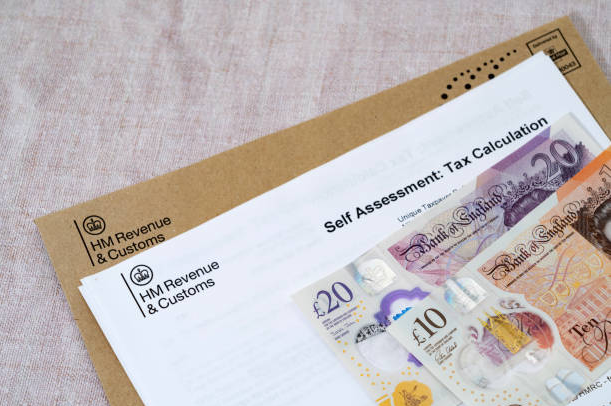Is Self Assessment dead?

A brief history of Self Assessment
Self Assessment was first introduced in 1995-96. At that point, the tax system changed from working on a “preceding year basis of assessment” to a current year basis, which reduced the delay between a sole trader earning the profits and finding out how much tax was due.
Under the previous system, HMRC calculated an individual’s final tax bill for them. But Self Assessment shifted responsibility for calculating how much tax was due from HMRC to the taxpayer – hence the name Self Assessment.
What happened to accounting year ends?
Under Self Assessment, a sole trader is technically able to have any accounting year end of their choice.
Up until 2022-23, tax was calculated by reference to a “basis period”, which determined which accounting year’s profits were going to be taxable in a given tax year.
Then came Basis Period Reform and the transitional 2023-24 tax year. Any sole trade business that was still being taxed on an accounting year basis was converted to a tax year basis. Accounting year ends, although they still existed, became irrelevant.
From 6 April 2024, all unincorporated businesses are taxed on profits arising in the tax year, which runs from 6th April to 5th April.
Whilst a sole trader can still choose to have a year end other than 5th April, it just complicates things. Unless there is a sound commercial reason for having another accounting year end date, keep things simple.
Making Tax Digital
Making Tax Digital for Income Tax (MTD) is a new way for sole traders and landlords to report their income and expenses to HMRC. Anyone who had business turnover and/or rental income of £50,000 or more in the 2024-25 tax year, before allowing for any expenses, will need to use MTD from 6th April 2026.
The new system is being introduced gradually, starting with the people who earn the most from income that isn’t taxed at source.
If your total self-employed and rental income before deducting any expenses is between £30,000 and £50,000, the system isn’t going to change for you until April 2027. And if it’s between £20,000 and £30,000, you’ve got until April 2028 before the new rules come in.
This means that the earliest date Making Tax Digital is going to apply to anyone is 1st April 2026.
Self Assessment isn’t dead
Unless or until your income level is high enough that HMRC move you across to the new Making Tax Digital for Income Tax system (MTD), you’ll stay within Self Assessment.
Even if you’re caught by the first wave of MTD, your 2024-25 Tax Return (if you’ve not already submitted it) and your 2025-26 Tax Return still need to be submitted under the existing system.
If your income is under £30,000, your 2026-27 Tax Return will need to be submitted under Self Assessment too.
No end date has been announced for Self Assessment. The two systems are going to run in parallel.
Spare a thought for your accountant
Accountants’ workloads have already increased, as they learn about the new Making Tax Digital for Income Tax system and help prepare clients ahead of the implementation date.
From April 2026 their workload will increase even further, as they simultaneously deal with all their clients’ 2025-26 Self Assessment tax returns; convert existing clients that don’t yet keep digital bookkeeping records onto MTD-compatible software; and submit quarterly updates for 2026-27 for those clients affected by Making Tax Digital.
Quarterly updates don’t have to be done by your accountant. If Making Tax Digital is going to apply to you, and you are interested in doing the quarterly updates yourself, get in touch with your accountant now. They will be able to check whether your current bookkeeping system is MTD-compatible; and may agree to a hybrid arrangement going forward that could help to keep your accountancy fees down.
Remember, if you’re self-employed, the cost of any training that helps you develop new skills and knowledge to support your business can be claimed against tax. This includes administrative skills like bookkeeping.
About Springreach Training and Coaching
I’m Jill. I’m a qualified accountant and licensed bookkeeper. I created Springreach Training & Coaching to provide practical, down-to-earth training and resources to empower you to take control of your bookkeeping and business finances. It’s a vision that’s been inspired by all the clients I’ve worked with who are keen to do as much as possible themselves and just need someone to show them how.
At Springreach, we’re creating a range of practical courses, resources, software demos, videos and blogs designed especially for self-employed individuals and small businesses in the UK.
If you’re looking to build up your bookkeeping and tax skills – whether for the existing Self Assessment tax system or in preparation for Making Tax Digital for Income Tax – sign up to the Springreach newsletter for topics of interest to self-employed individuals and small business owners, and for information about Springreach Training & Coaching products and services as they’re released.
© Springreach Training & Coaching – November 2025